Unitarian Universalism
We Are Unitarian Universalists
Unitarian Universalists are seekers who are committed not only to spiritual growth and transformation but also to involvement in the world. Ours is a living faith that acknowledges that truth is not sealed and that the journey is more important than the answers. While we uphold shared principles, we hold varied beliefs and therefore do not have a creed. Our beliefs come from not one but many sources. We draw wisdom and inspiration from all of the world’s great religions and prophetic men and women.
Our Symbol
A flame within a chalice (a cup with a stem and foot) is a primary symbol of the Unitarian Universalist faith tradition. Many of our congregations kindle a flaming chalice in gatherings and worships and feature the chalice symbol prominently.
Hans Deutsch, an Austrian artist, first brought together the chalice and the flame as a Unitarian symbol during his work with the Unitarian Service Committee during World War II. To Deutsch, the image had connotations of sacrifice and love. UUs today have many different interpretations of the flaming chalice, including the light of reason, the warmth of community, and the flame of hope.
Unitarianism
500 years ago the first Unitarian churches emerged in Eastern Europe. They proclaimed that God is one, and honored the humanity of Jesus. Over the next several hundred years, Unitarian churches emerged in all parts of continental Europe as well as in England.
Some of the earliest churches in North America were Unitarian. Many of the founding fathers of this country such as Thomas Jefferson, and John Adams were Unitarian with strong beliefs in freedom, reason, and tolerance. Some other famous Unitarians include Louisa May Alcott, Ralph Waldo Emerson, Paul Revere, Susan B. Anthony, President William Howard Taft, and Frank Lloyd Wright.
Universalism
Universalist beliefs of universal salvation and a loving God that could not punish anyone to hell for eternity have been proclaimed for thousands of years. The loving and inclusive faith formed into a widespread religious movement when English Universalists came to America in the late 1700s to escape religious persecution.
Universalists have also been influential throughout American history. Some famous Universalists include Clara Barton, Olympia Brown, Thomas Starr King, Horace Greeley, George Pullman, Mary Livermore, and Benjamin Rush.
Unitarian Universalism
In 1961 the Unitarian and Universalist churches merged into a single body called the Unitarian Universalist Association (UUA). While we no longer solely hold our historical Unitarian or Universalist beliefs, we draw directly from our roots for much of our inspiration and grounding. Today, Second Unitarian Church is a member congregation of the UUA.

